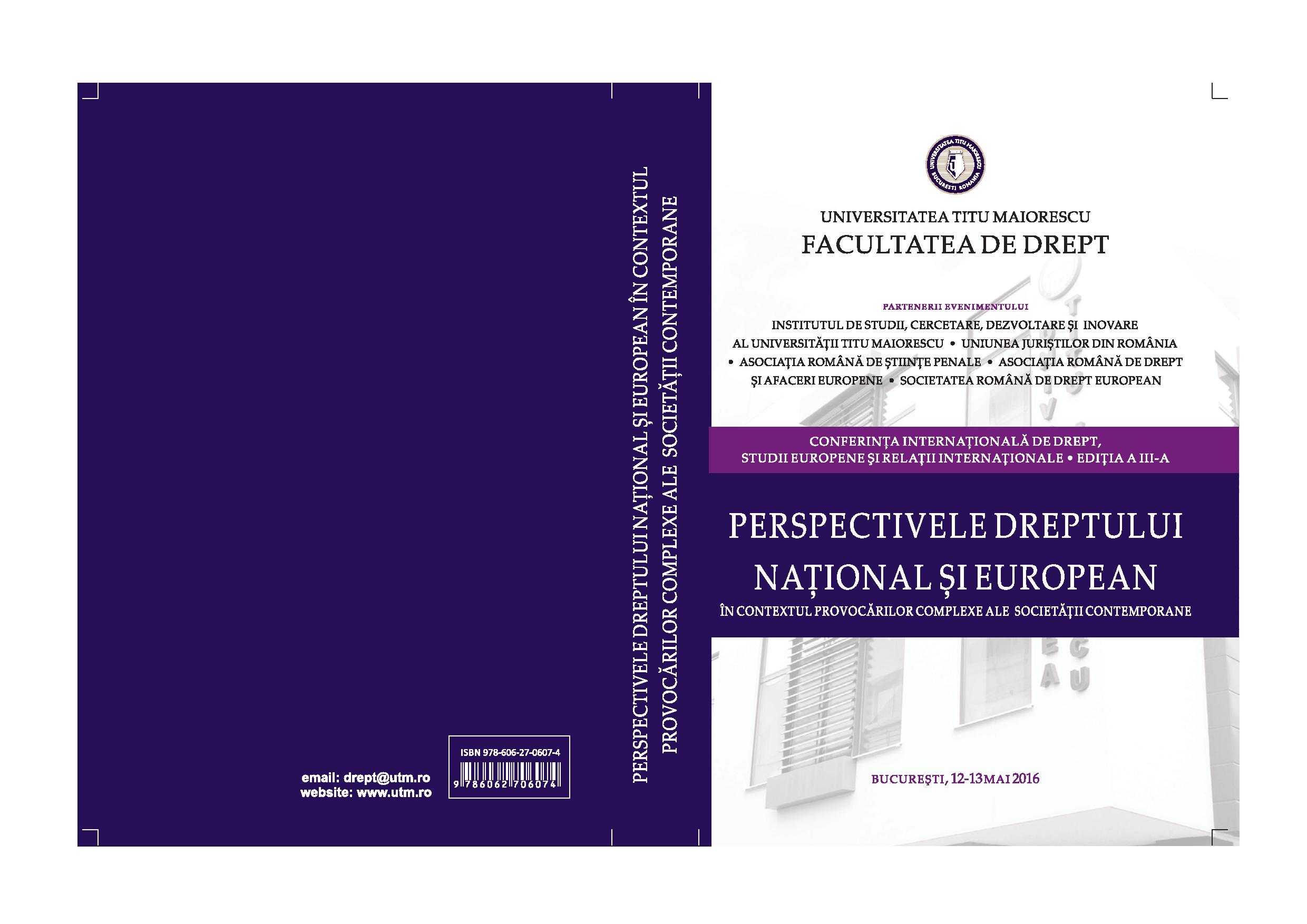Deciziile prim-ministrului privind
revocarea şefilor instituţiilor subordonate.
Limitele impuse de lege şi de doctrină
The prime-minister’s decisions concerning the dismissal of heads of subordinate institutions. Limitations established by law and doctrine.
Author(s): Andrei TinuSubject(s): Law and Transitional Justice
Published by: Editura Hamangiu S.R.L.
Keywords: dismissal; relieved from duty; prime minister; excess of power; dignitary;
Summary/Abstract: The Government’s role, seen as one of the most important public authorities in Romania, as the main institution with executive branches of power, is twofold: political and administrative. Political, as it functions based on winning a confidence vote from the Parliament, and administrative, because its most important role is to manage the public administration sector. The Romanian Government’s structure is determined by its Constitution, which establishes that it is comprised of a prime minister, which leads it, as well as ministers and other legally appointed members [3]. When speaking of administration on a national level, apart from ministries, there are other specialised central public institutions some of which are managed by the prime minister, through his office, and others through the ministries.This study analyses the process in which the leaders of these central public administration institutions, which exercise office[4] , whose title is secretary of state or sub-secretary of state, are chosen and dismissed from office. This research wishes to shed light on the untrodden road of case law courts in Romania, concerning the border between the discretionary power which the Prime Minister has in evaluating the decision of the dismissal of dignitaries and the excess of power, as defined in the Law of administrative contentious matters[5].
Journal: Conferința Internațională de Drept, Studii Europene și Relații Internaționale
- Issue Year: IV/2016
- Issue No: IV
- Page Range: 391-399
- Page Count: 9
- Language: Romanian

